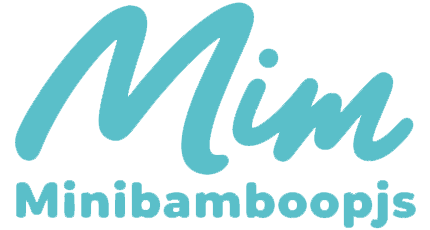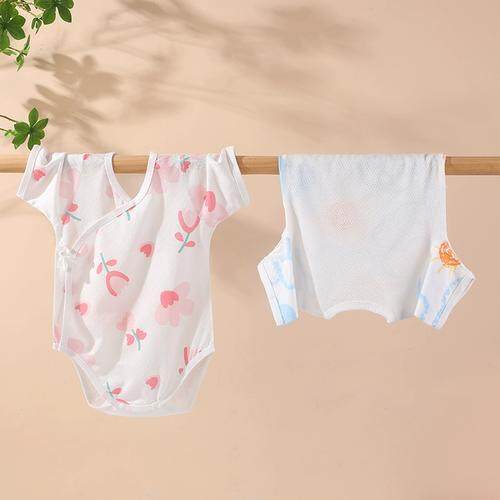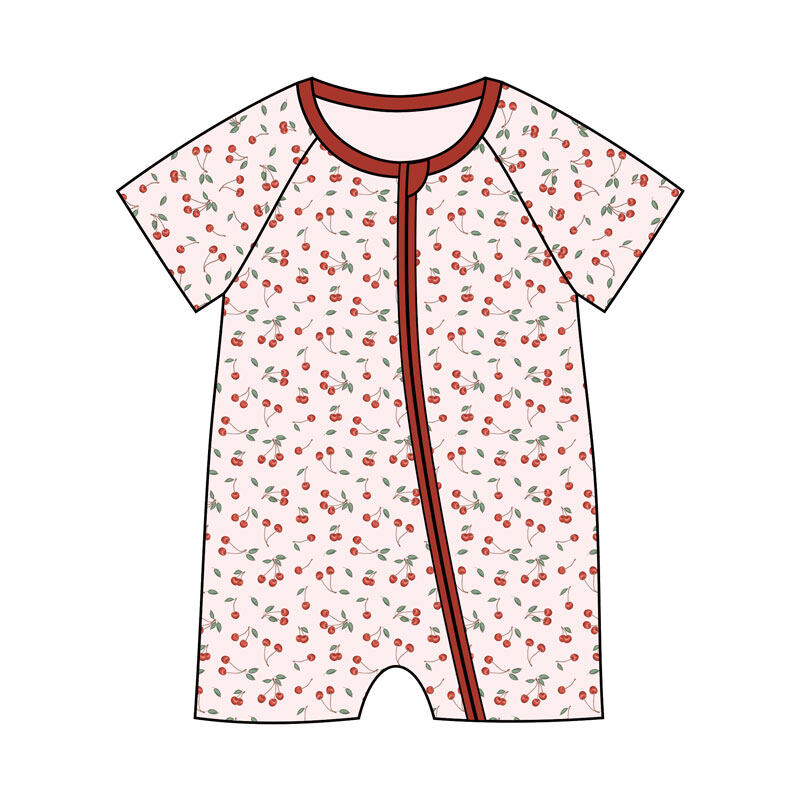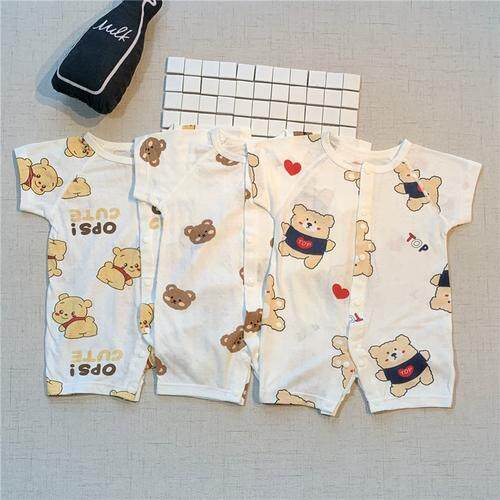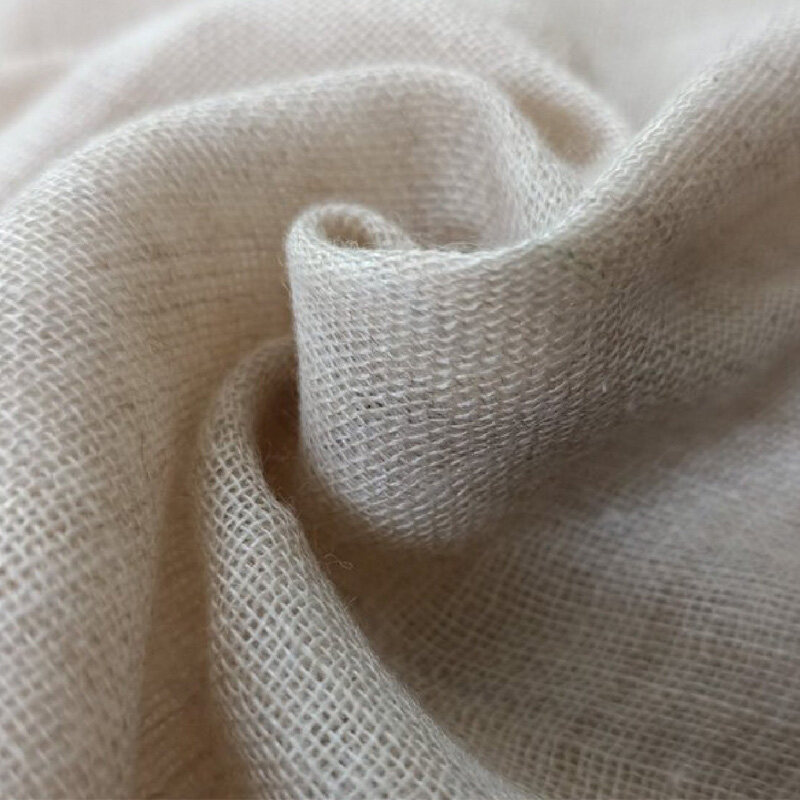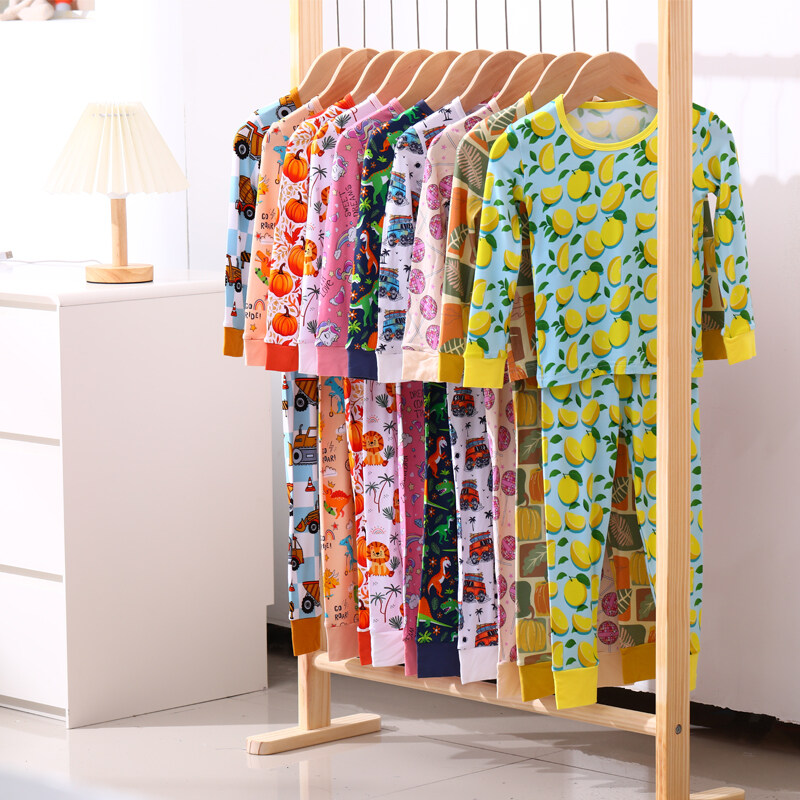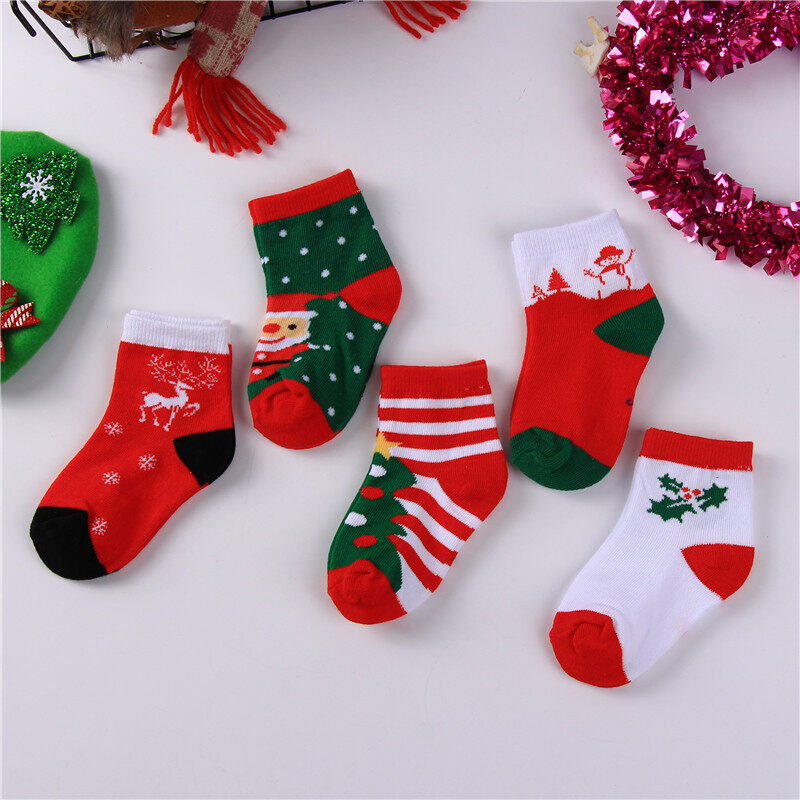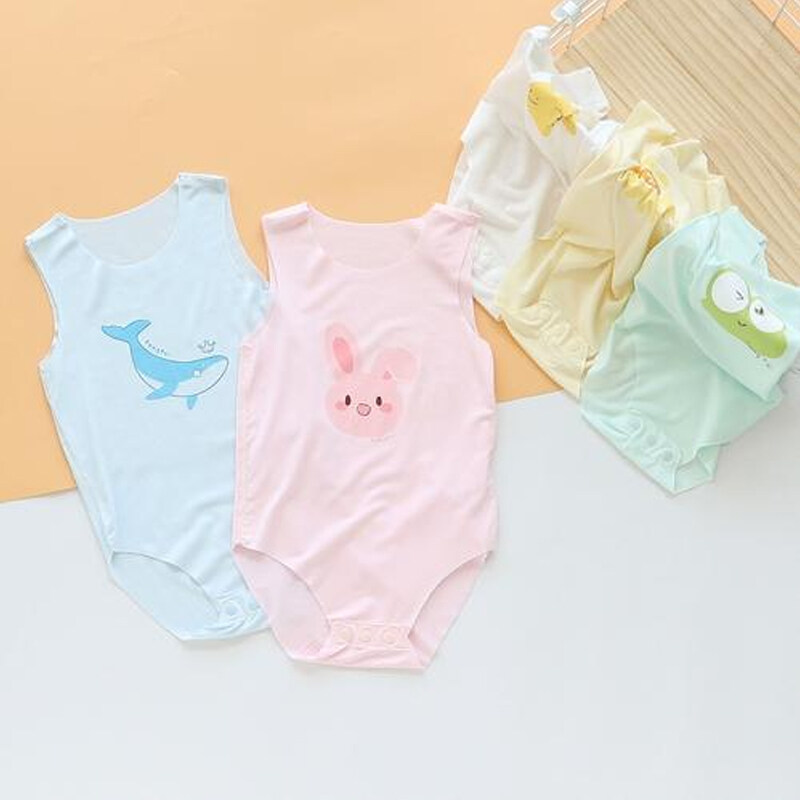Bamboo Fiber and Lightweight Cotton are the Top Choices for Summer Baby Clothes

Since expectant mothers are asking about this, it shows they already have some understanding of bamboo fiber. I’ll briefly summarize:
Bamboo fiber is a cellulose fiber extracted from naturally grown bamboo. It is recognized as the fifth major natural fiber, following cotton, linen, wool, and silk.
Bamboo fiber boasts excellent breathability, instant moisture absorption, strong durability, and good dyeability. It also possesses natural antibacterial, antimicrobial, dust-mite-repellent, odor-resistant, and UV-blocking properties.
Experts point out that bamboo fiber is a truly natural, eco-friendly green fiber. Bamboo fiber textiles are highly favored by consumers because they fully replicate the inherent characteristics of bamboo fiber.
With rising living standards, people increasingly favor green and eco-friendly products. Bamboo fiber products have emerged as standout eco-friendly options under this trend, attracting keen attention from consumers and entrepreneurial investors. As a relatively new product, many functions and features of bamboo fiber are not yet widely known to consumers and entrepreneurs. Of course, bamboo fiber products also have some drawbacks. How do bamboo fiber and pure cotton compare in terms of their respective strengths and weaknesses? Below, we introduce the pros and cons of bamboo fiber products and compare them with pure cotton.
Eight Major Advantages of Bamboo Fiber Products:
- Antibacterial and Antimicrobial:
When observing the same quantity of bacteria under a microscope, bacteria multiply abundantly in cotton and wood fiber products. In contrast, about 75% of bacteria on bamboo fiber products are killed within 24 hours. - Deodorizing and Odor-Inhibiting:
Sweat produced by the body develops odor due to bacterial growth. Bamboo fiber’s natural antibacterial properties effectively inhibit bacterial reproduction, thereby controlling odor. - Moisture-Wicking and Breathable:
Under a 2000x electron microscope, bamboo fiber’s cross-section appears uneven and deformed, filled with oval-shaped pores. Its highly hollow structure creates an extremely strong capillary effect, enabling instant absorption and evaporation of moisture. Among all natural fibers, bamboo fiber ranks first in moisture absorption/release and breathability. - UV-Resistant:
Cotton’s UV transmittance is 0.025%, while bamboo fiber’s UV transmittance is less than 0.0006%. Its UV resistance is 417 times more effective than cotton.
- Skin-Friendly Comfort:
Bamboo fiber products offer superb skin-friendliness, a soft touch, and comfortable wear. When dyed, they exhibit elegant, vibrant, and true colors with a lustrous finish. They drape beautifully and possess a natural, rustic yet elegant texture. - Reduces Static Electricity:
Static electricity on the body can easily cause fatigue. Bamboo fiber products generate less static electricity compared to synthetic fibers, cotton, silk, and other materials, making them one of the softest and most comfortable natural materials known.










